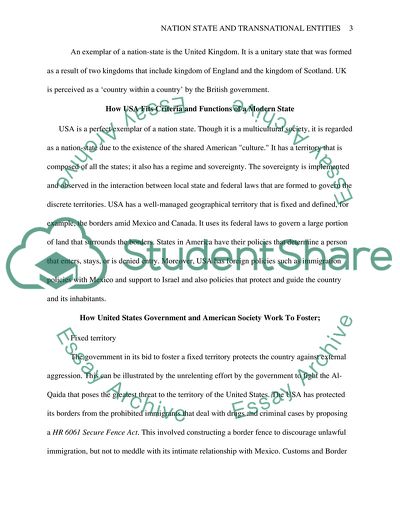Cite this document
(“Characteristics of the nation-state and transnational entities Essay”, n.d.)
Characteristics of the nation-state and transnational entities Essay. Retrieved from https://studentshare.org/sociology/1592977-characteristics-of-the-nation-state-and-transnational-entities
Characteristics of the nation-state and transnational entities Essay. Retrieved from https://studentshare.org/sociology/1592977-characteristics-of-the-nation-state-and-transnational-entities
(Characteristics of the Nation-State and Transnational Entities Essay)
Characteristics of the Nation-State and Transnational Entities Essay. https://studentshare.org/sociology/1592977-characteristics-of-the-nation-state-and-transnational-entities.
Characteristics of the Nation-State and Transnational Entities Essay. https://studentshare.org/sociology/1592977-characteristics-of-the-nation-state-and-transnational-entities.
“Characteristics of the Nation-State and Transnational Entities Essay”, n.d. https://studentshare.org/sociology/1592977-characteristics-of-the-nation-state-and-transnational-entities.


